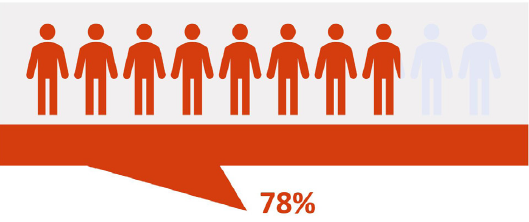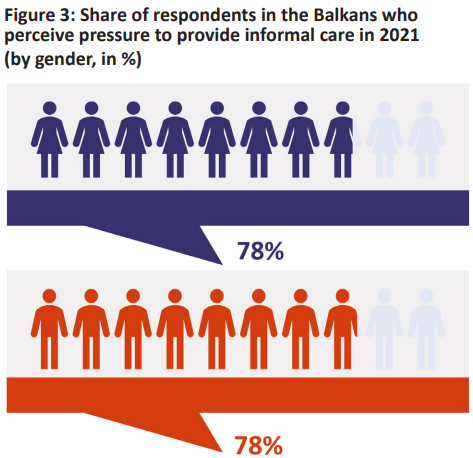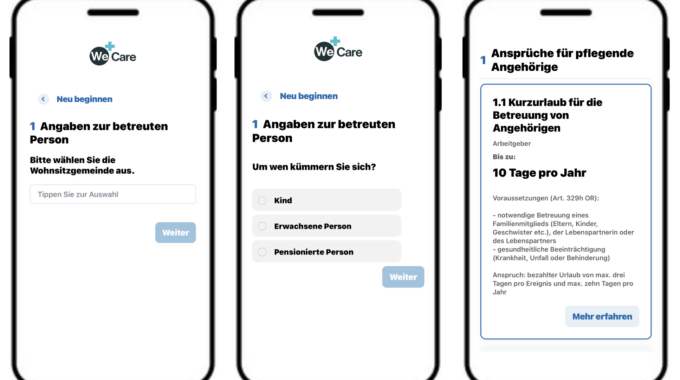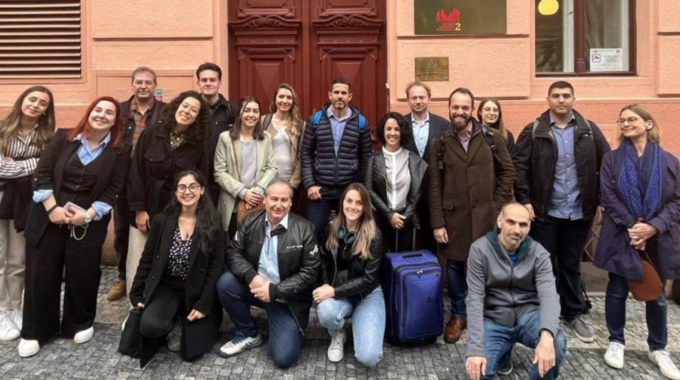
Systems in transition: Responding to changing attitudes, expectations and preferences on long-term care in the Balkans
A research note by the European Centre for Social welfare Policy and Research
In this publication, Cassandra Simmons and Klara Lorenz-Dant present the results of the InCARE survey* on attitudes, experiences and expectations on long-term care (LTC) for selected Balkan countries (Albania, Kosovo, North Macedonia and the Republic of Moldova), the first data of this type collected for these countries. Researchers find that there is substantial reliance on informal care provided by family and friends, alongside significant cost and availability barriers to formal services. The results indicate a large divergence between the current systems’ design and societal preferences, the latter leaning towards care systems that place more responsibility on the state to organise and provide care than on the family.

More detail and access to the publication here.
See also the research note focusing on the survey results in Moldova, also published by the European Centre for Social Welfare Policy and Research.
(*) A comprehensive survey on experiences, attitudes and expectations on long-term care was implemented as part of the InCARE project with the support of the European Commission’s EaSI Programme (VS/2020/0258) in 2021/2022, resulting in over 3,200 complete responses across nearly 60 countries. While the survey primary focused on the 3 pilot countries of the project (Austria, Spain, and North Macedonia), data from other countries have been also analysed in the margins of the project. More information on InCARE project here.





